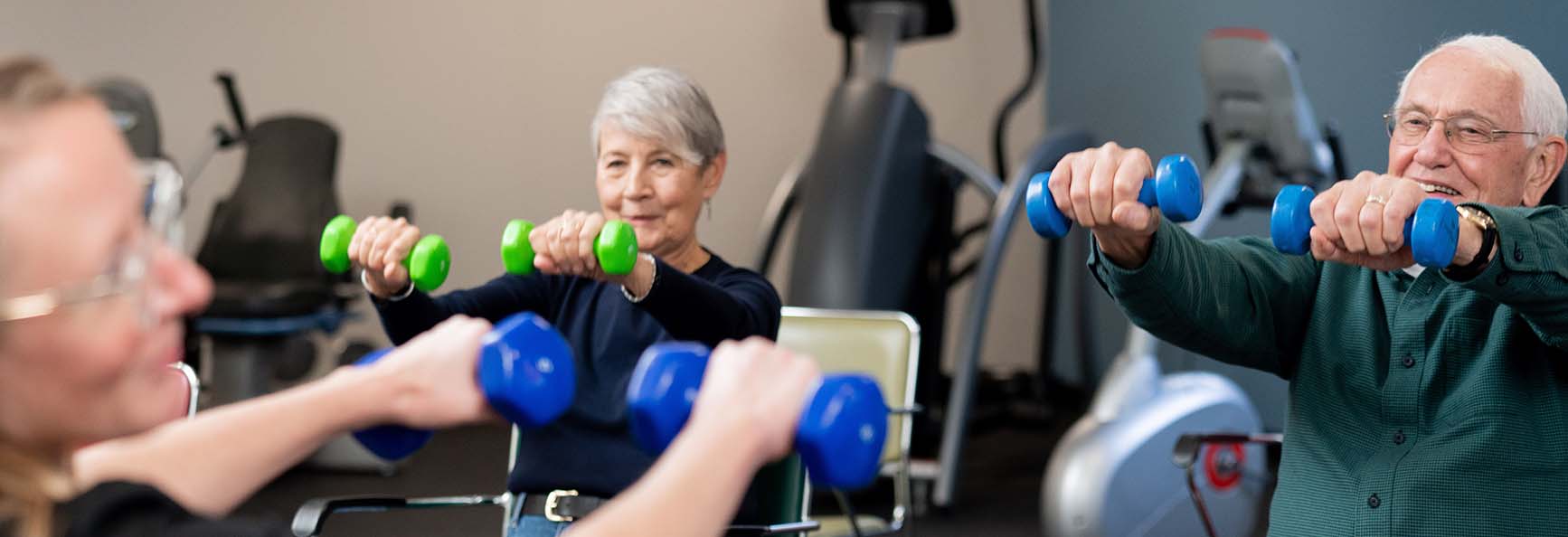Mentoring: An Option at Any Level of One's Career
Often when a person hears the term "mentor" they think of a more experienced person showing a novice the procedures of a particular job. There are however many different mentoring relationships and ways to go about seeking a mentor despite the level one has attained in their respective career. Mentoring is an essential component of professional growth and development both in the early stages and later stages of a professional career. The importance of mentorship is recognized within all health care disciplines. Beyond the classroom, mentoring, in early stages of one's career, serves to help students and new graduates establish their professional identity as well as attitudes related to professionalism and professional commitment. In the middle stages of a career, mentoring serves to increase job satisfaction, improve professional confidence, support achievement of professional goals and skills, and increase opportunities for networking within the profession. In later years, mentoring solidifies knowledge/creates collaborations between mentor and mentee and improves competency in significant areas of practice. If an experienced person moves into a manager or leadership role having a mentor to ask questions can help ease this transition.
Another misconception about the mentor relationship is that the mentor is the one who is in charge and the one who knows best while the mentee or protégé is the one who is learning. That is often untrue as the mentor may learn as much as the mentee. Both members of the relationship are considered equal partners. Although the protégé is an equal partner in the relationship, their role is different. The protégé or Mentee can be the one leading the discussion as they must identify his or her weaknesses and articulate a vision so that the work with the mentor is focused on the protégé's goals. By the mentee taking this active role of identifying their needs, the mentor can provide appropriate resources, practice or connections. Along with being an active listener, a good mentor should demonstrate patience and flexibility. An effective mentor should have skill communicating with protege as well as anticipate what information the protégé needs to know but may not ask about in a timely manner.
Mentors should not be a person in a supervisory relationship with their protégé, as this can blur the lines of supervision and reporting. Rather mentors should be a "critical friend", one who encourages their mentee to communicate openly. A critical friend is defined as a trusted person who asks provocative questions, provides data to be examined through another lens, and offers critiques of a person's work as a friend. A critical friend takes the time to fully understand the context of the work presented and the outcomes that the person or group is working toward. Mentors need to practice active listening and be serious about the time to devote to the relationship. Mentees need to be able to reflect upon feedback provided and be proactive in identifying difficulties or challenges.
Effective Mentor Programs have been shown to Increase job satisfaction for both mentor and mentee as well as Stabilize retention by decreasing turnover. Mentors report pride in developing the next generation of professionals. Building a network of professional collaborators and sharing expertise and skills to mentees are other benefits to the mentor. Several have also shared an increase in Self-Realization through reflection on the skills developed and ability to share with others. Mentoring programs can be an effective investment in developing the skills and talents of the healthcare workforce.


